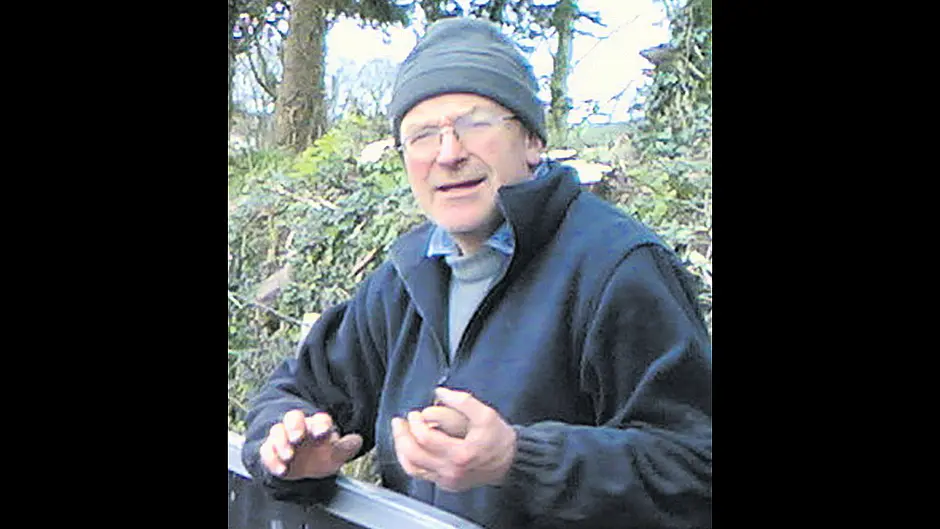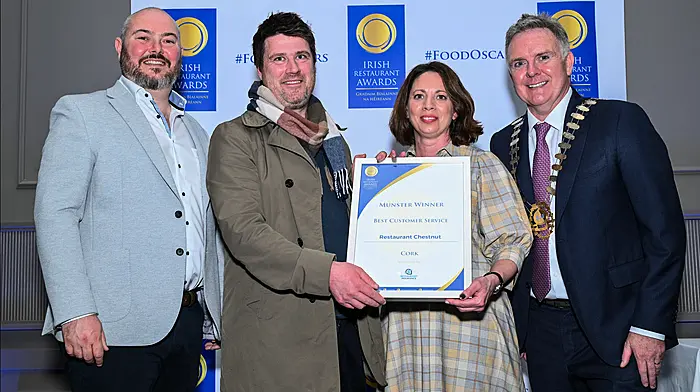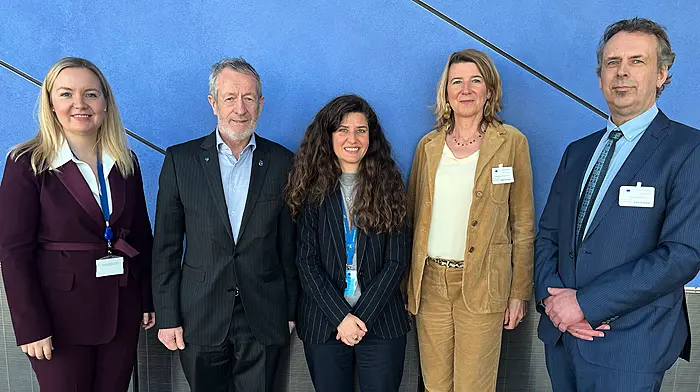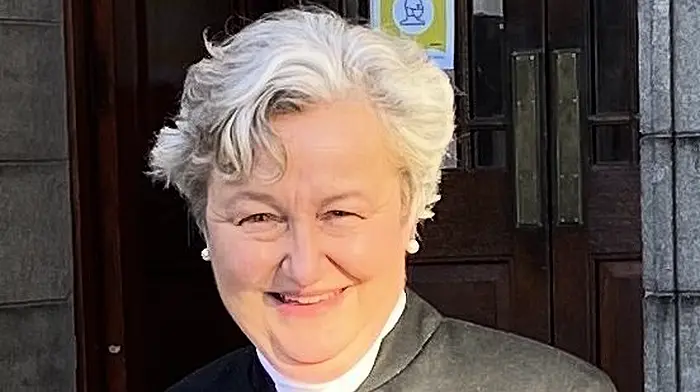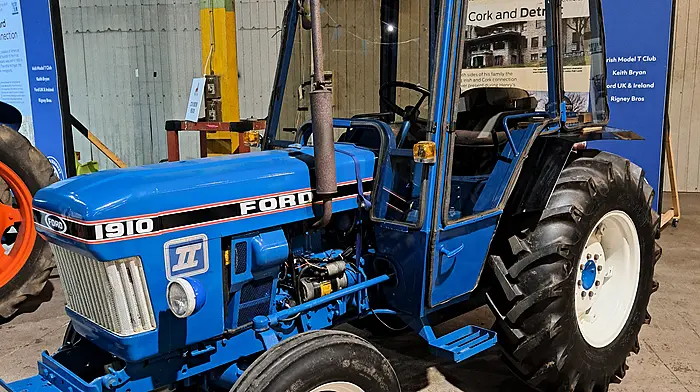INCREASED payments are now available under the just re-opened Organic Farming Scheme to encourage new entrants to convert their enterprises.
And organic farmer Stuart Kingston from Farnanes is encouraging others to at least consider making the switch he made 20 years ago, when he felt conventional farming wasn’t economically sustainable based on outside inputs.
The scheme is open to new applicants until April 8th with an extra €5m in the budget this year.
Farmers entering the scheme could qualify for yearly payments of up to €220 per hectare during the conversion period and up to €170 per hectare when they have achieved full organic status. Higher payment rates are available for organic horticulture and tillage farmers, and farmers who apply this year can also avail of any new rates introduced next year under the new Cap.
This year, the area at which farmers will receive higher payments has been increased from 60ha to 70 ha in recognition of the larger area farmed by full-time farmers.
Teagasc has organised a series of information events for farmers who are considering joining the scheme. A national webinar organised by their organic specialists will take place on Wednesday, February 23rd at 7.30pm on the topic of ‘Applying for the 2022 Organic Farming Scheme’.
The webinar, on zoom, will give an opportunity to participants to submit questions during the live broadcast.
A second national Teagasc webinar on ‘Direct Selling of Organic Produce’ is planned for Wednesday, March 30th, also at 7.30pm.
The Teagasc advisory service has also organised a series of local webinars for its farmer clients and others interested in organic farming.
Minister of State at the Department of Agriculture Pippa Hackett said she hoped the scheme’s changes will attract many more farmers to consider farming ‘in a way which can lead both to higher prices and a more sustainable way of farming.’
‘In a time of high input costs for farmers, this is an opportunity to diversify and I would really encourage farmers to consider this approach to farming,’ she said.
However, Stuart, who runs a beef and tillage farm, as well as growing potatoes and whose only inputs are seeds and organic cattle for breeding, said high fertiliser costs shouldn’t be the deciding factor.
‘There’s an impression that it’s a matter of simply not using fertiliser, which is not the case at all.
‘It’s a completely different way of production, more biological, there’s new learning involved,’ he stressed.
There’s also far more planning involved compared to conventional farming when it comes to selling and sourcing markets, he said.
‘But West Cork has huge advantage as there’s already a high proportion of organic farmers here, as well as an established food culture, so it’s completely possible to make a living from this way of farming,’ he said. ‘Having said that, the government talks about putting more money into organic farming, but I feel more needs to be done, although we are headed in the right direction,’ he said.
To apply for the scheme see agfood.ie and to register for the Teagasc seminars see teagasc.ie

